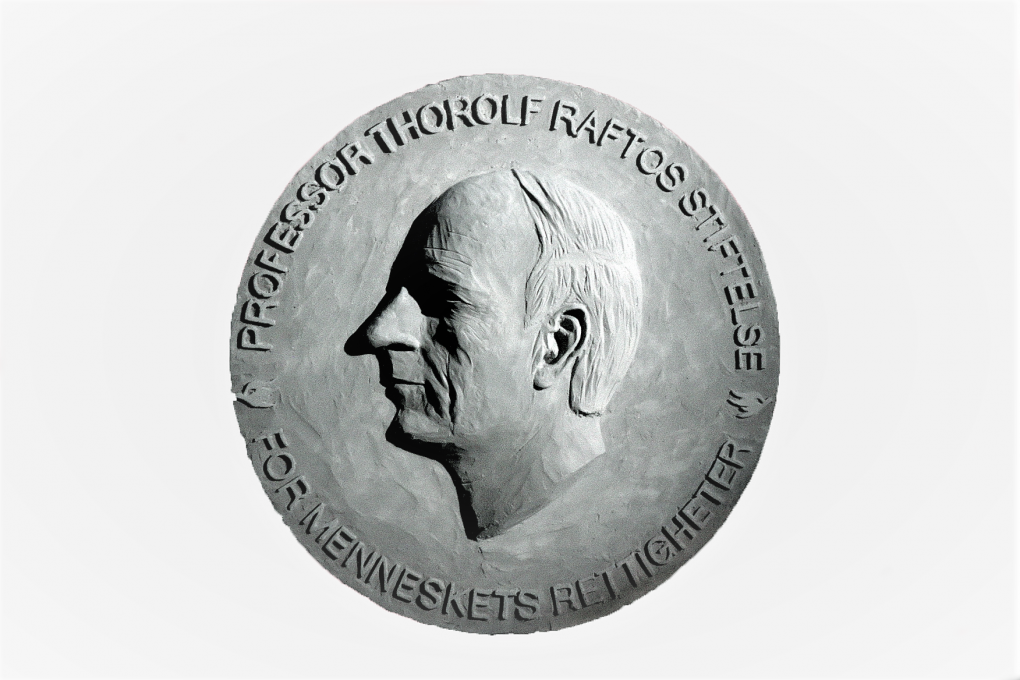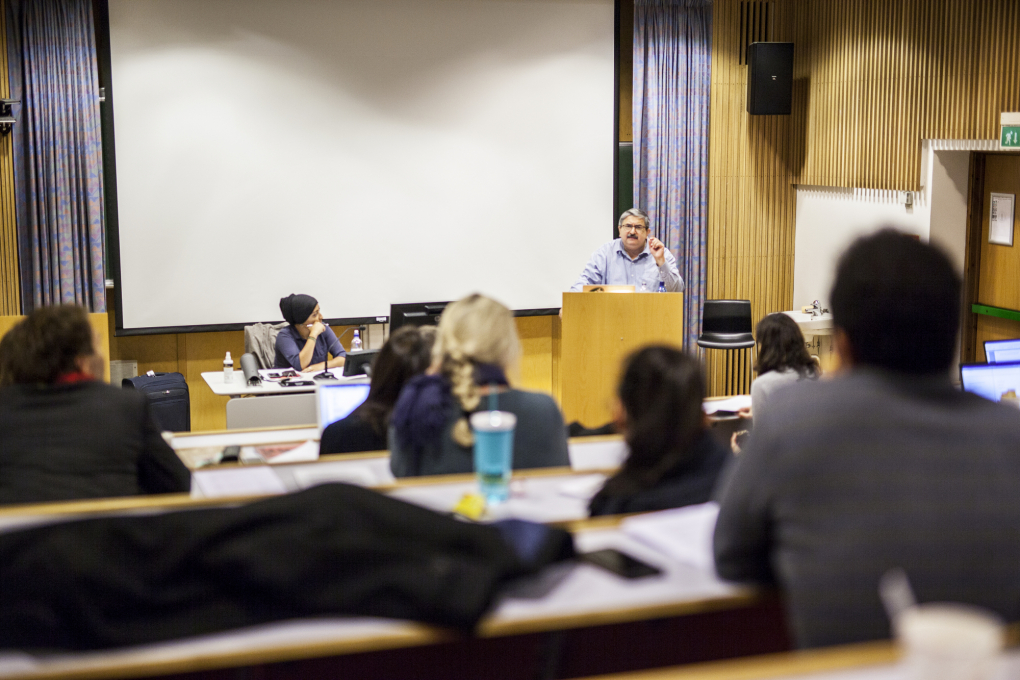The Rafto Prize 2022 is awarded to Nodjigoto Charbonnel and his organization Association Jeunesse pour la Paix et la Non-Violence (AJPNV), “Youth for peace”, for their courageous struggle to abolish torture in Chad as well as internationally. In the context of authoritarianism, terrorism, war on terror and institutionalized violence, and at great personal risk, Charbonnel and his team assist survivors in rebuilding their lives after torture, and advocate the protection of human rights, and the prevention
of torture and sexual violence by providing human rights education for youth and civil society.

For more on this award and its laureates, see: https://www.trueheroesfilms.org/thedigest/awards/A5043D5E-68F5-43DF-B84D-C9EF21976B18.
Since the year 2000, AJPNV has conducted programs for the rehabilitation of victims of torture, the promotion of peace and non-violence and the prevention of torture in Chad. The need is overwhelming: in 2021, the organization treated 575 torture survivors. AJPNV provides medical, psychological, and legal support, free of charge, to victims of torture and sexual violence to reduce its somatic, psychological, and social harm. They assist the reintegration of victims of sexual violence through vocational training and prevent torture through education on the effects of torture on the individual and on the society.
Nodjigoto Charbonnel became familiar with the long-term harm and suffering caused by torture after his father survived mistreatment by state authorities. This experience motivated Charbonnel to found AJPNV. For 8 years he worked as an engineer at an international oil and gas production company, but in 2012 they terminated his contract because of his human rights work.
Charbonnel serves as the Sub-Saharan Africa Council member of the International Rehabilitation
Council for Torture Victims and as a regional leader of the Global Human Rights Project. Due to his work, Charbonnel has been detained and imprisoned three times. He and his family have also suffered harassment by state agents. Despite the political repression, Charbonnel and his AJPNV team maintain a clear voice for the victims of torture and sexual violence: “We reaffirm our commitment to shed light on those who commit torture, to expose their violation, to prevent future acts of torture, to ensure justice“
https://www.rafto.no/en/news/raftoprisen-til-nodjigoto-charbonnel
see also: https://www.hrw.org/news/2022/09/23/chad-security-force-abuse-amid-national-dialogue









